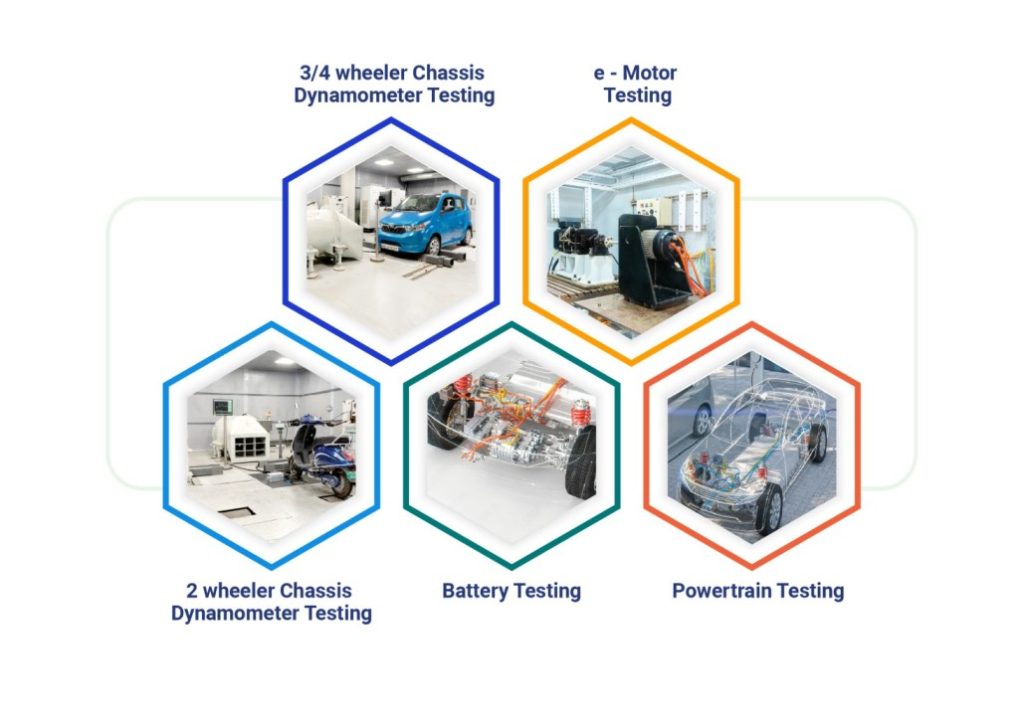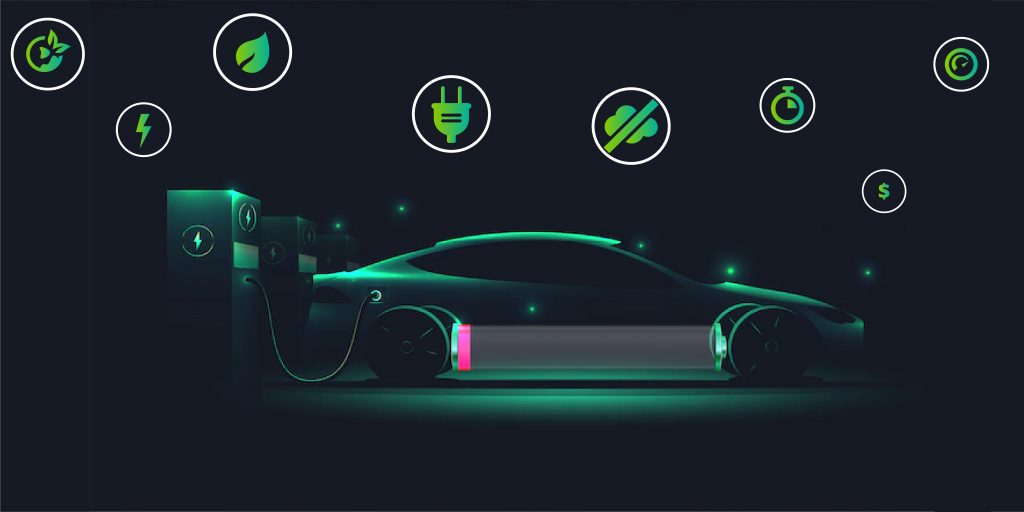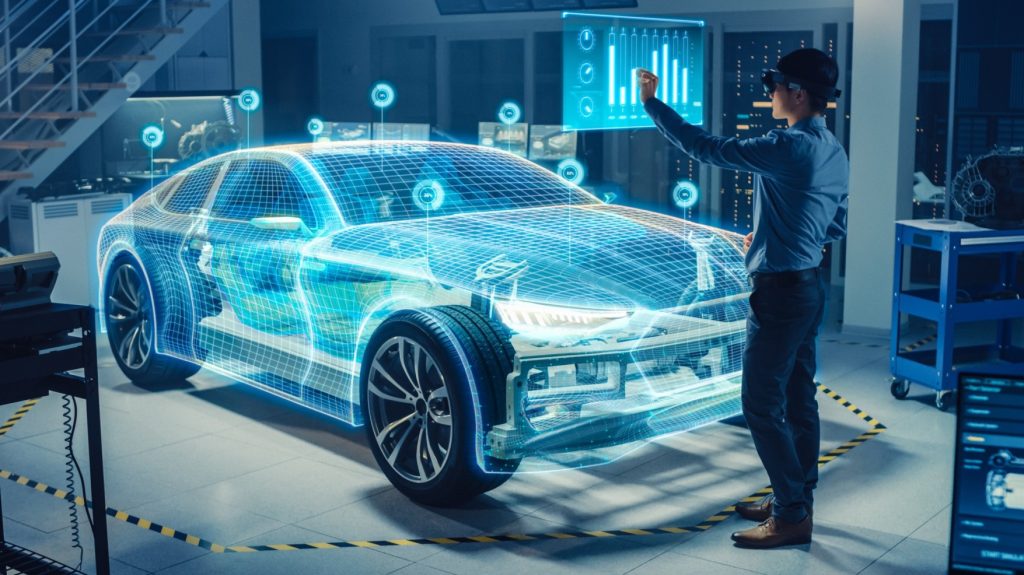Balancing test coverage and risks with time and costs without compromising vehicle quality and effectiveness requires robust testing strategies, test plans, and procedures. This is even more critical for EV (Electric Vehicle) testing, for it presents a unique set of challenges.
As EV demand rises, the market continues to soar, with estimates of 400 new EV models hitting the market by 2025. This trend exhibits the proliferating demand for improving testing capabilities and managing all aspects of the vehicle program with clarity and confidence.
In that light, this article will discuss the ins and outs of EV testing Service and how it is a viable option for boosting testing productivity, quality, and effectiveness.
The Challenge with EV Testing
Validating ECUs (Electronic Control Units) with traditional, manual methods, using improvised equipment, while skipping relevant testing steps no longer suffices in this landscape.
In essence, extreme precision, complete coverage, complete validation and verification, and detailed insights are essential attributes to consider. These ensure that the developed functions meet specifications and fulfill their purpose consistently and reliably.
For EVs, the share of effort for validation is on the rise, with ECUs becoming increasingly more complex. Improving the quality of tests while reducing the time spent on testing emerges as a critical goal. However, with OEMs under pressure to monitor costs, ensuring comprehensive testing can further lead to elevated expenditures.
For EV startups, EV testing becomes more challenging since testing and validation incur high capital costs. Keeping track of frequently evolving standards, compliance norms and processes become Herculean tasks for time, resource, and cash-crunched startups.
Employing a robust testing platform and setting up a complete test facility can be prohibitive when it comes to costs. Complete and in-depth knowledge of creating the best test cases and suites and ensuring a comprehensive testing footprint is thus, crucial.
To that end, EV testing-as-a-service emerges as a viable alternative to address the challenges of EV companies in testing.
What Is EV Testing as a Service?
Testing, design, and simulation are essential parts of EV testing. The vehicles bring in new test and validation challenges since the electronic and software components of the vehicle are far more than traditional automobiles. In other words, EVs are fundamentally different and deliver new challenges and risks at testing.
Elements such as…
- Lithium-ion battery testing
- Battery simulation and emulation for inverter and e-Motor testing
- Improving efficiency and reliability
- Complying with the government regulations for emission control and monitoring are some of the critical areas that need attention.
Given the area of testing, leveraging the V-model of testing becomes crucial to ensure well-validated and quality-efficient products. It also needs the proper testing infrastructure to test fast, often, and comprehensively.
Developing this test infrastructure and the associated capabilities to build, run, and validate tests can be cost-prohibitive and effort-intensive

Why EV Testing as a Service?
EV testing-as-a-service leverages the as-a-service model and gives OEMs the infrastructure to fulfill their testing needs. A comprehensive EV testing platform can validate and test all powertrain components — motor, motor controller, battery management system, battery, and battery chargers.
Without it, however, building the right and suitable platform to meet all EV testing needs is expensive. Plus, it can be effort-intensive, time-consuming, and require specialized skills and domain knowledge. For that reason, the testing-as-a-service model offers the best solution for companies, especially for small and medium enterprises with limited resources.
A further benefit of EV testing-as-a-service is that it gives them a leverage and allows them to achieve faster time to market. It provides them with the assurance that their products are thoroughly validated and quality-efficient. As such, the program does not put its products at risk due to testing and validation shortcomings.
Not to forget that the EV testing-as-a-service model allows OEMs to leverage the best, latest, and most up-to-date testing equipment without making any upfront investments.
An example would be our EV testing-as-a-service model enabling organizations to rent a chassis dynamometer and capably perform all the required testing. This chassis dynamometer lab employs a standard chassis dynamometer for 2w/3w and 4w vehicle testing lab and also complies with the EPA standards.
Reaping More Benefits
As elucidated above, the EV testing-as-a-service model equips organizations to test EVs, validate with velocity and confidence comprehensively, and leverage deep insights to improve quality outcomes.
Organizations can utilize comprehensive platforms designed and created specifically to meet the needs of EV testing. Leveraging such a platform would enable organizations to perform legislative, development, and durability trials easily and confidently.
Support for motor testing procedures for UN and ARAI, verifying design combinations, and validating functions like range estimation, component durability, etc., become easy leveraging the as-a-service model.
Accessing a range of power analyzers, thermal chambers, bi-directional DC power supplies (battery simulators), and interfaces to data-based and physics-based models for simulations also becomes cost-effective.
In fact, using this model, organizations can employ the Robot Driver for auto throttling and braking for CVT engines and electric vehicles. They can conduct the motor characterization test with a wide-open throttle and use automation software to control, measure and monitor all operations in the test bed.
Summing Up
The EV testing-as-a-service model simplifies the vehicle validation process, making it faster, automated, and cost-effective. It also allows organizations to leverage the expertise of testing and domain experts to create robust test strategies and break down the complex testing process into manageable pieces. Reduced effort, improved costs, and increased testing velocity while ensuring quality products emerge as the organic consequences of this move.
Connect with our team of experts to supercharge your EV testing methodologies. Check out how we can help you leverage all the benefits of EV testing-as-a-service and improve testing outcomes while reducing costs.



